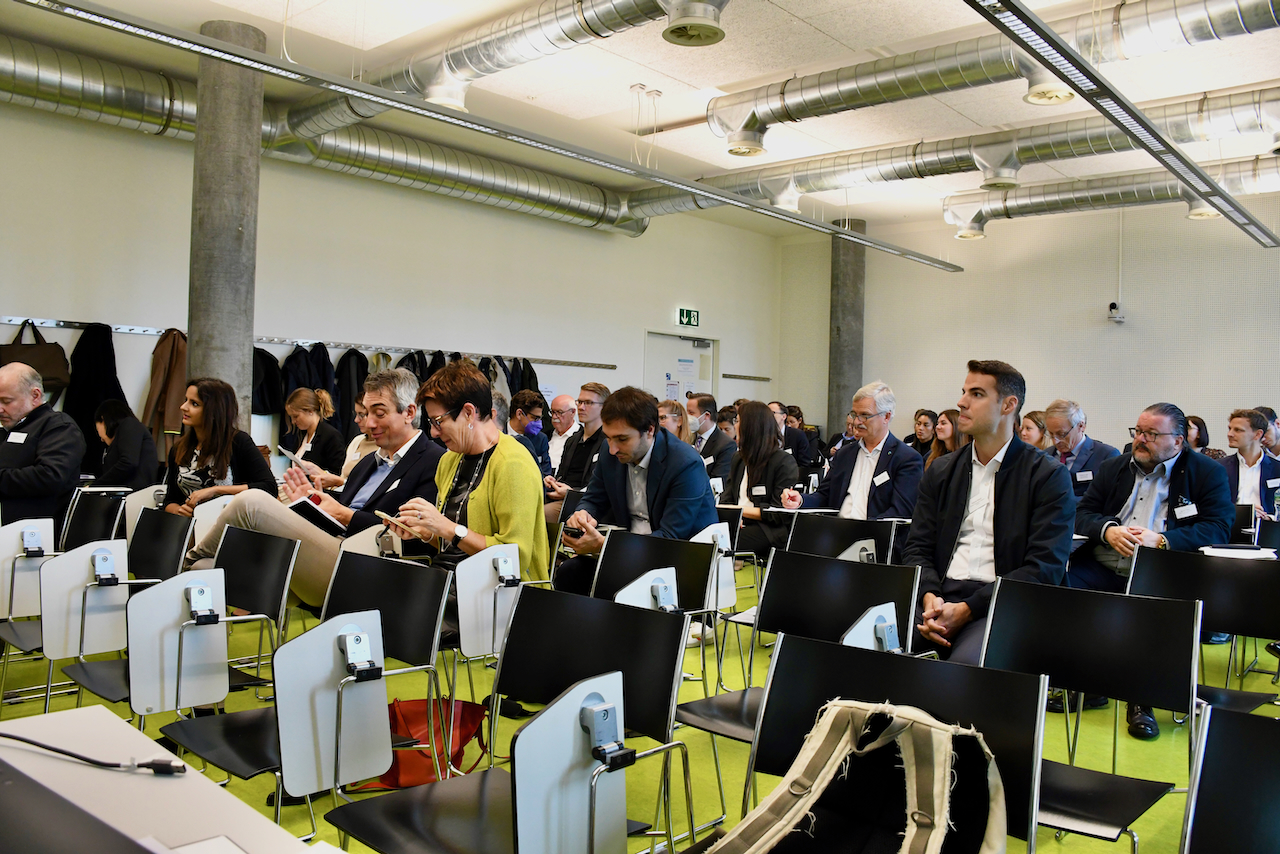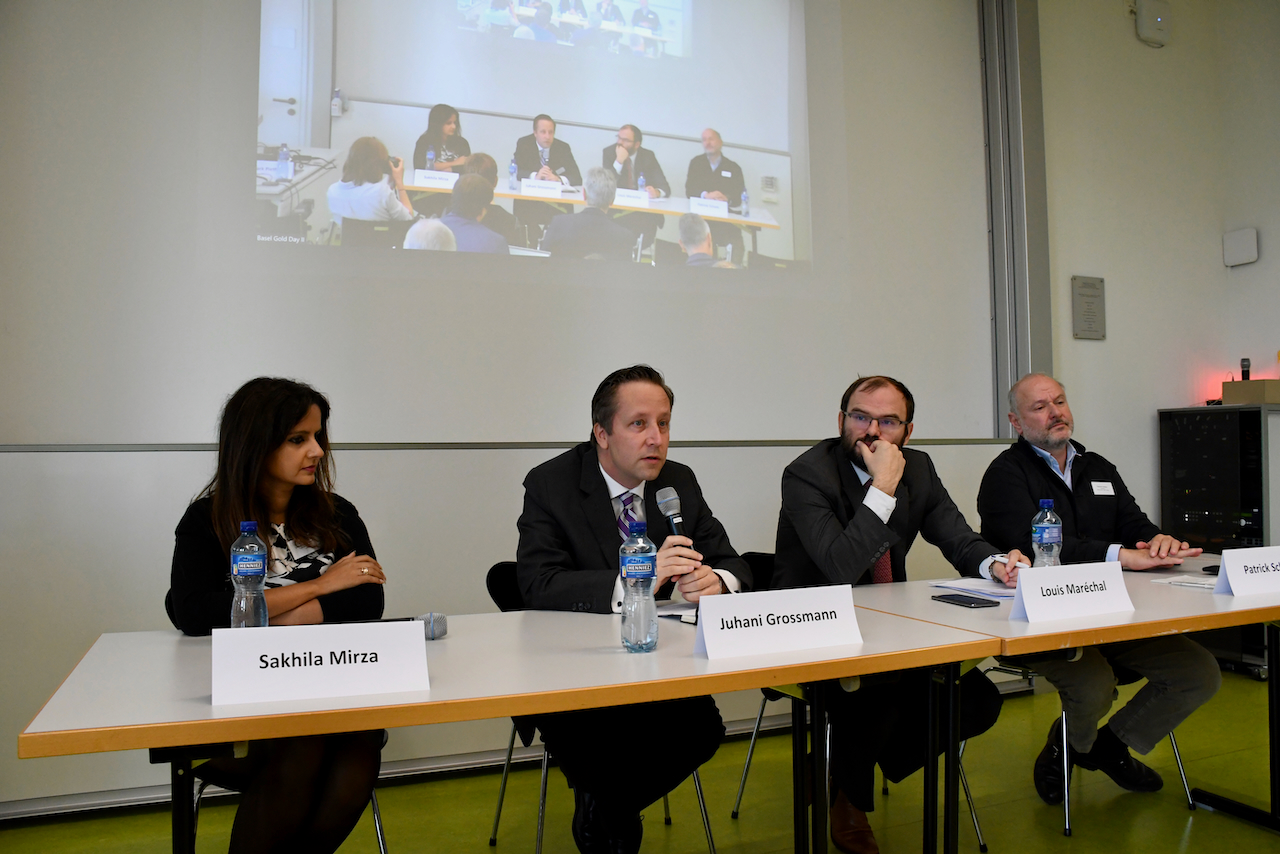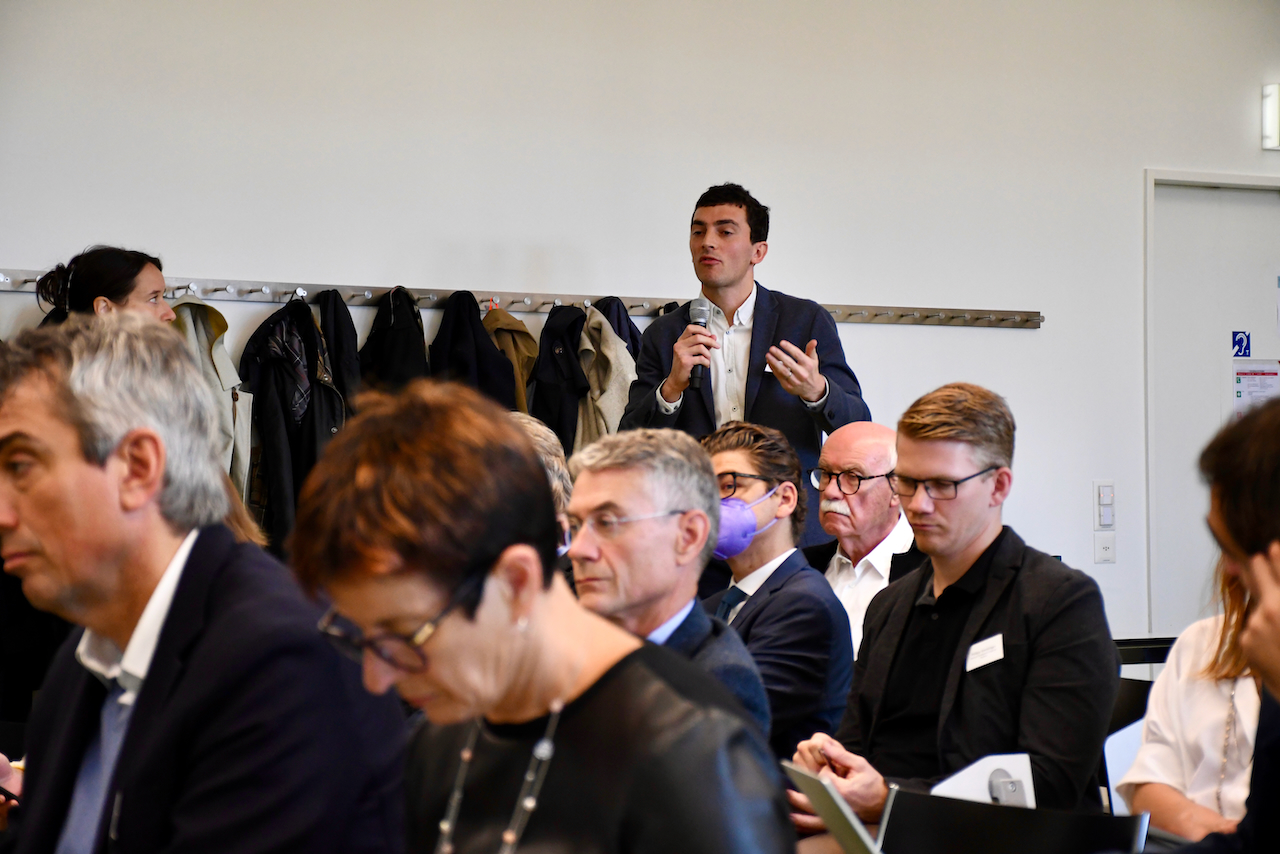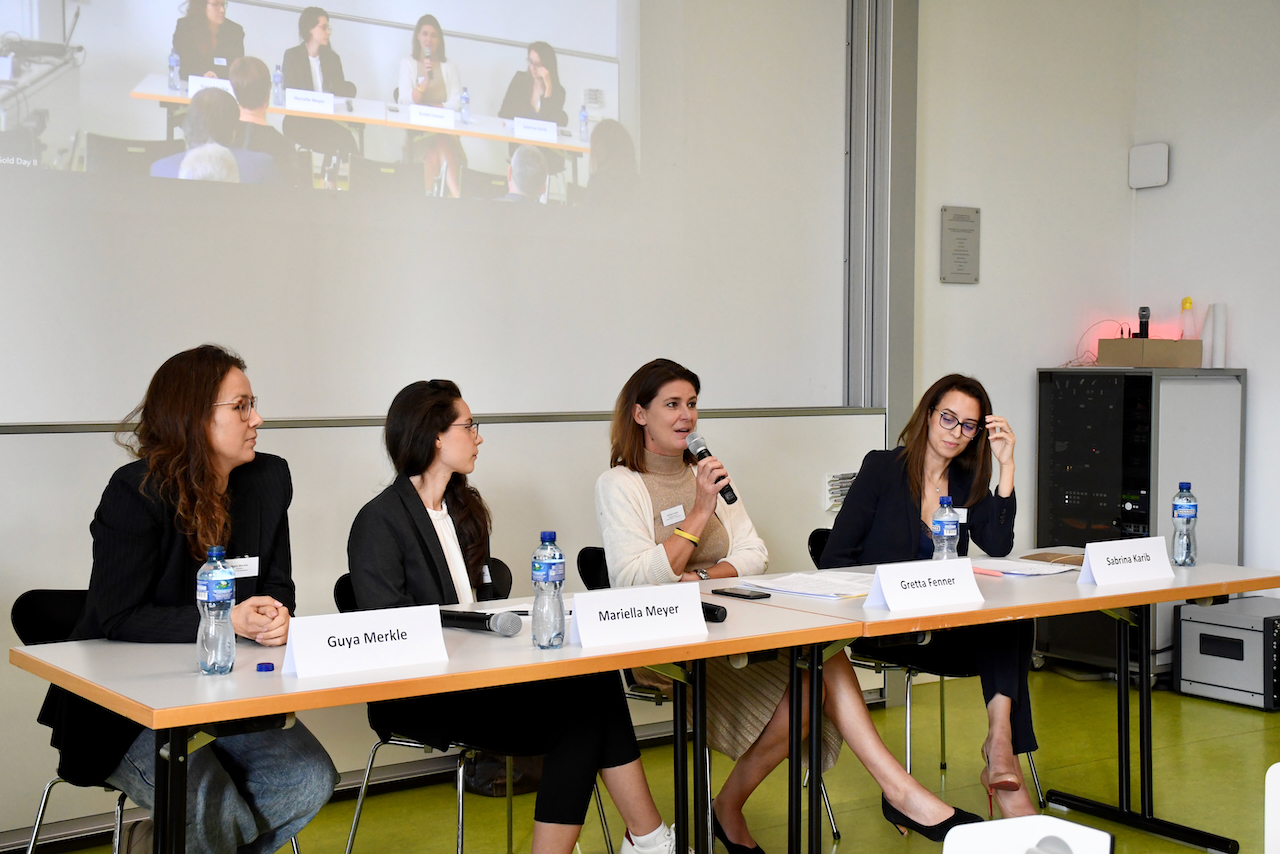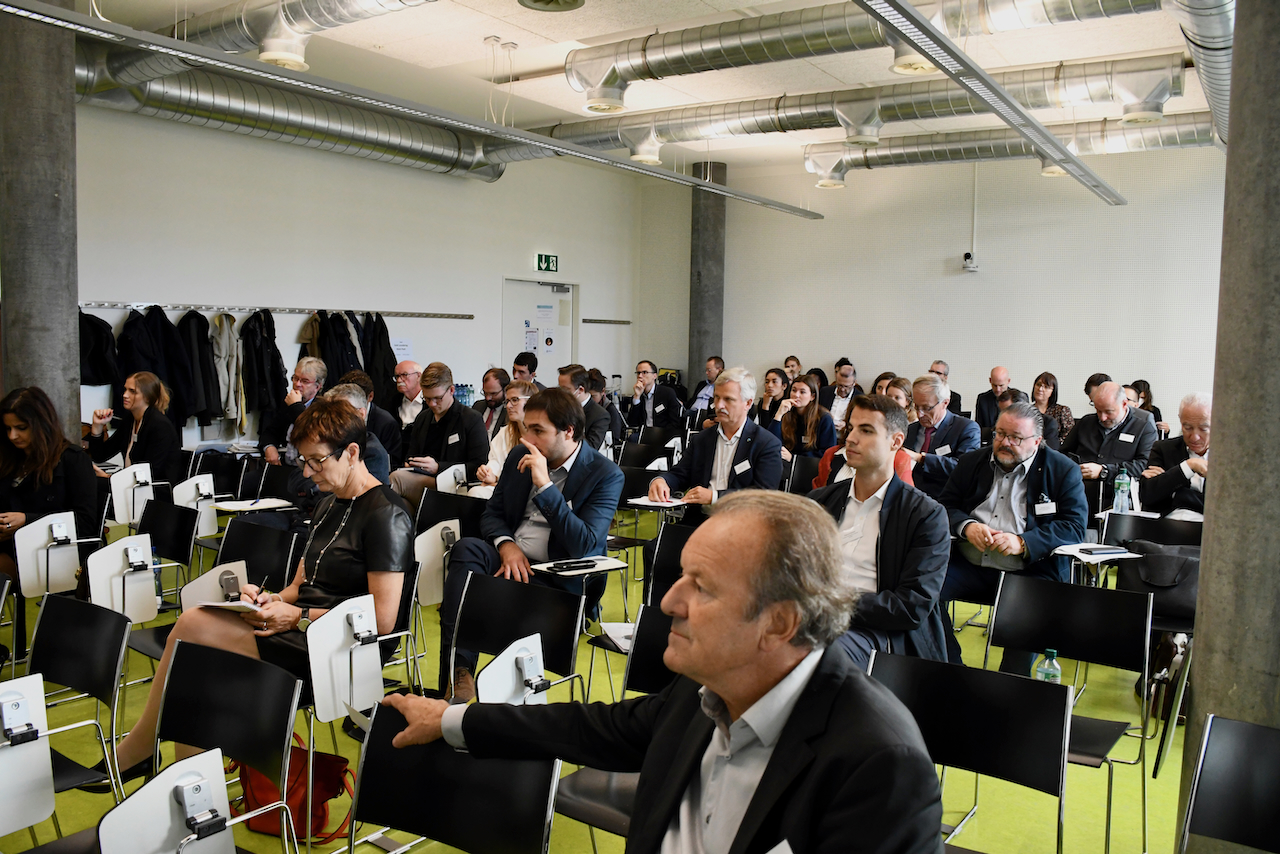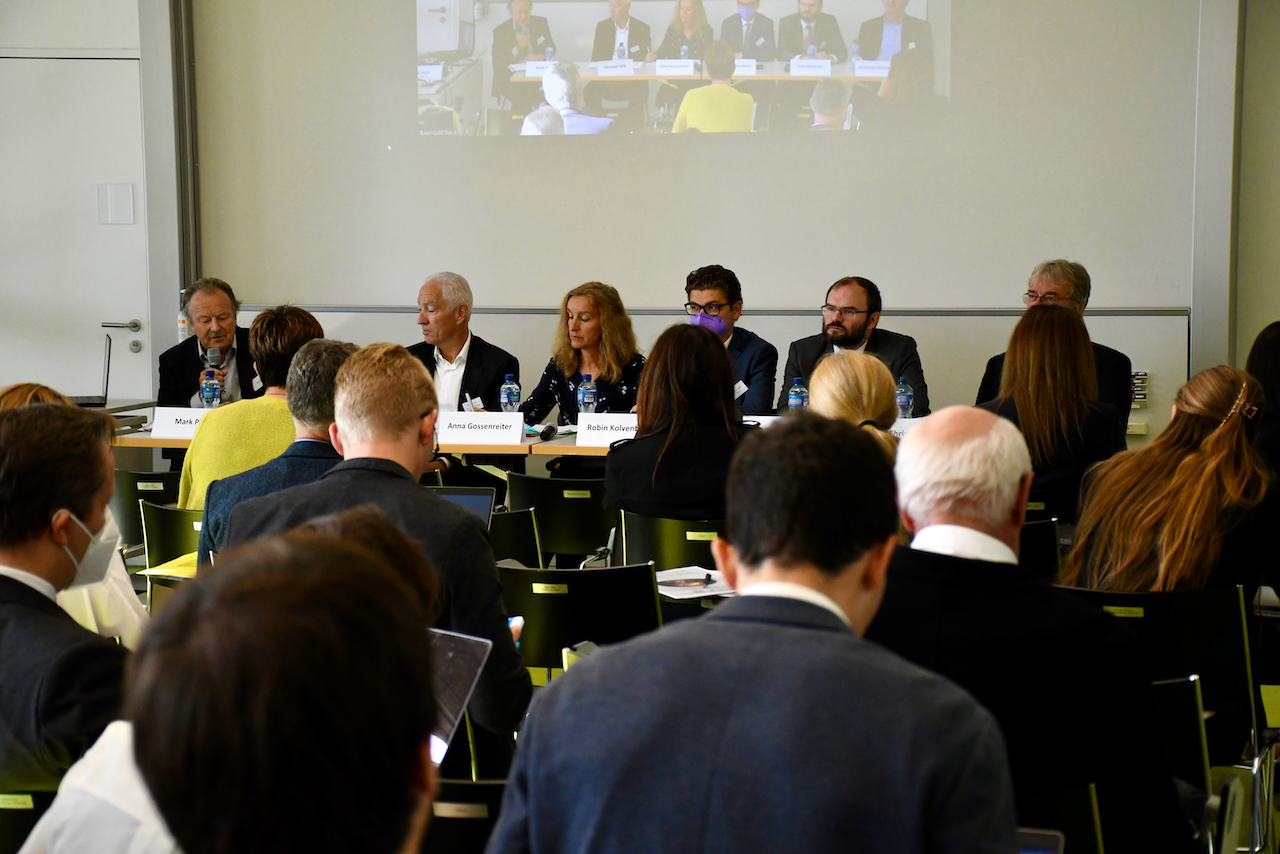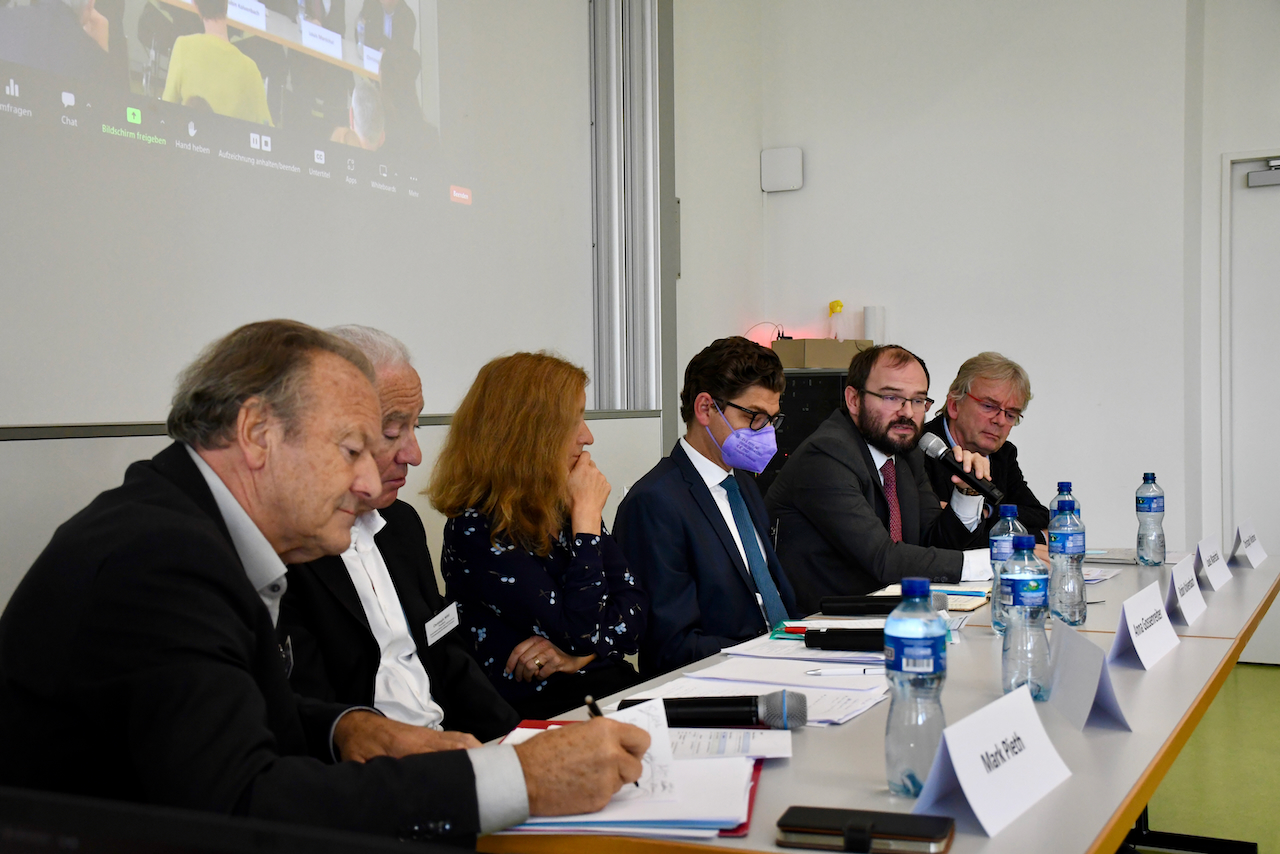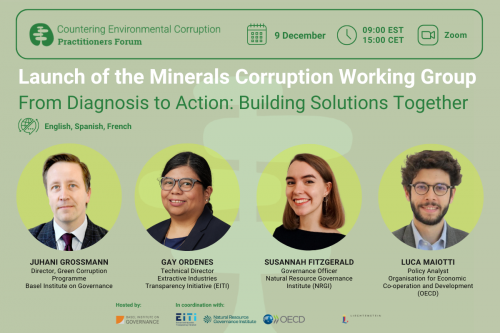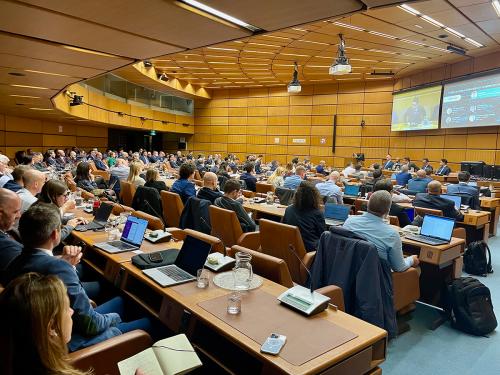Basel Gold Day II: From awareness to Collective Action on recycled gold and artisanal mining
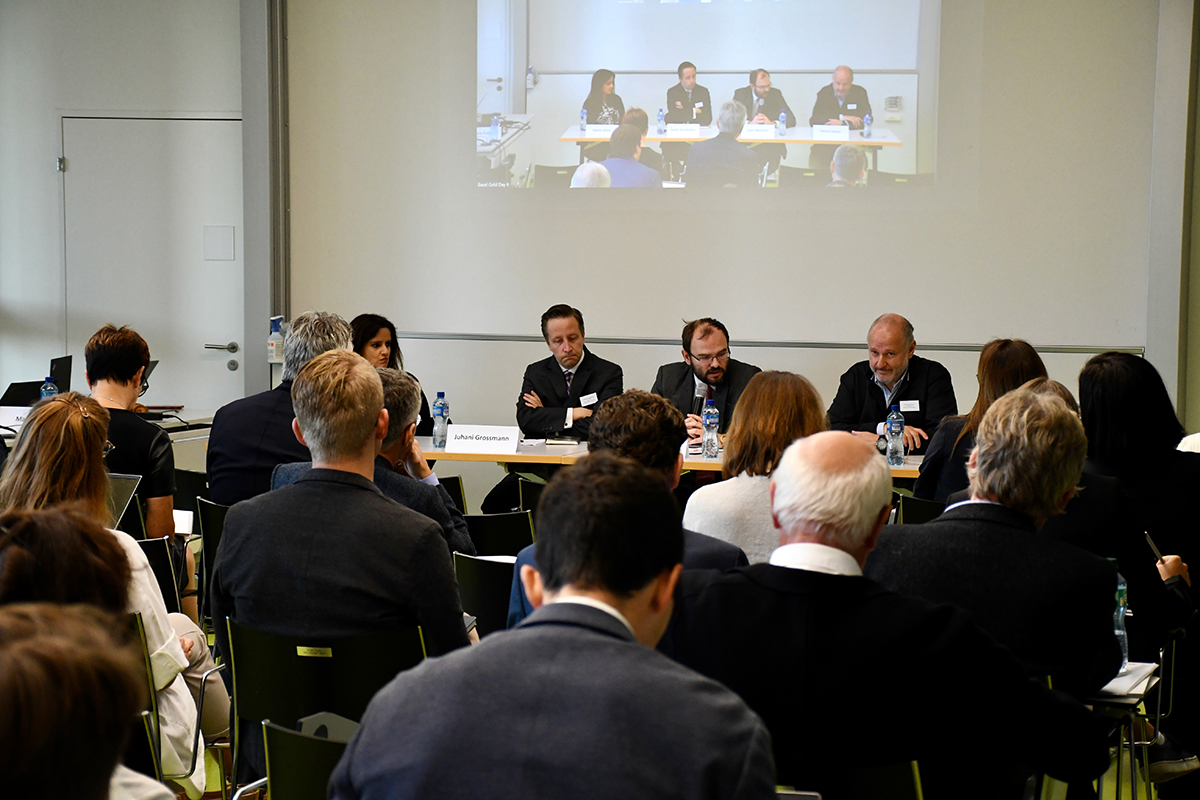
A short summary of Basel Gold Day II, held at the University of Basel on 27 October 2022. The one-day conference brought together leading voices from across the gold supply chain and civil society. The event was co-organised by Sabrina Karib of the Precious Metals Impact Forum and Professor Mark Pieth with the support of the Basel Institute on Governance, and kindly sponsored by Argor-Heraeus and Basler Kantonalbank (BKB).
Momentum towards responsible gold
Awareness of the gold industry’s human and environmental impacts has grown substantially. So too have efforts to minimise them, including:
- through regulations, e.g. the EU’s adoption of the OECD’s Due Diligence Guidance in its Conflict Minerals Regulation;
- among buyers and traders, e.g. the BKB’s Fairtrade gold investment fund; and
- in industry, through the London Bullion Market Association (LBMA) for example and initiatives such as the Association Suisse des Fabricants et Commerçants de Métaux Précieux and Precious Metals Impact Forum.
Civil society organisations and journalists report more openness and engagement among refineries.
Yet as the international infrastructure around responsible gold improves, we uncover more dark situations. Growing poverty is driving more people in more countries to informal or illegal mining, where labour conditions and environmental protections are poor. The involvement of criminal organisations, terrorist groups and politically exposed persons is becoming more apparent.
These problems will stay as long as gold remains an essential industrial input and an attractive investment in times of economic instability.
Recycled gold: not a golden bullet
“Recycled” gold constitutes around a third of all gold refined per year, and 55 percent of gold processed by refineries on the LBMA Good Delivery List. Estimates vary due to differences in different standards as to what constitutes “recycled” gold. Recycled gold sounds ethical, but there are problems:
First, the lack of a harmonised definition creates loopholes that can be exploited to launder problematic gold into recycled supply chains. This includes gold linked to conflicts, organised crime and child labour, or to sanctioned Russian individuals or companies.
Second, simply reprocessing freshly mined gold or jewellery fabrication scraps creates “recycled” gold while obfuscating its true origins. Most of the corruption and money laundering risks inherent in gold supply chains remain.
Third, greenwashing is a risk, since the term “recycled” falsely implies to consumers that the gold is eco-friendly, ethical and responsible. Recycling generally is supposed to avoid waste, reduce the extraction of natural resources and lower carbon emissions. NGOs and conscientious entrepreneurs point out that these things are not generally true of gold recycling, with the exception of e-waste such as discarded mobile phones, which accounts for just 10 percent of the supply of recycled gold.
“Re-refining” or “re-processing” may be more accurate terms for gold that is not genuinely recycled, and avoid tarnishing responsible brands with accusations of greenwashing.
Fundamental is to work towards a more useful and harmonised definition of recycled gold, as a working group is currently doing under the umbrella of the multi-stakeholder Precious Metals Impact Forum.
As the definition evolves, it will need meaningful implementation across the supply chain through education, practical guidance materials and cross-stakeholder discussions. Engagement with policymakers, civil society and the media will help to foster more informed debates and actions.
In addition, refineries and buyers can do more to increase sourcing from e-waste, including the roughly 240 tonnes of gold estimated to be contained in the world’s 7 billion smartphones. As for mined gold, it is vital to conduct due diligence on recycled gold sources using a risk-based approach. Closed-loop recycling, with due diligence at the entry point, helps. So too do all efforts to enhance traceability, transparency and certification systems. One option raised is for recycled gold to be coupled with an extraction certificate from a responsible mine.
Promoting responsible artisanal mining
Minimising impacts on artisanal miners
Sourcing only “recycled” gold means disengaging from artisanal and small-scale mining (ASM), contrary to OECD guidance. As discussed at the first Gold Day in 2020, mining is crucial to the livelihoods of around 100 million people worldwide. Cutting off ASM supply chains can have severe collateral damage while increasing the environmental and human impacts of industrial or large-scale mining (LSM).
Buyers including refiners and the downstream industry can participate in positive change in the ASM sector by working with local partners and certification schemes such as Fairtrade to identify and support responsible mines even in problematic areas such as conflict zones. Shortening supply chains and conducting forensic analyses helps to avoid the risks of gold laundering.
Joining forces in Collective Action
Industry associations and Collective Action initiatives have more power to effect change than individual companies or civil society organisations acting alone.
This is especially true for efforts to stimulate positive actions by governments in gold-mining states, such as protecting indigenous land rights and strengthening enforcement against illegal mining in Amazonia.
Utilising financial incentives
Financial incentives throughout the supply chain will be key to promoting responsible mining and trading. So too will better indicators to measure and report on the environmental and biodiversity impacts of gold production.
Ultimately, greater dialogue and understanding between stakeholders, as well as in public and political discourse, will be crucial to the ongoing process of improving and implementing standards on the ground.
More
- Read a blog by Juhani Grossmann, who spoke at the conference about corruption in gold mining and recycling.
- Find out more about Basel Gold Day and the Precious Metals Impact Forum.
- Download a summary of Basel Gold Day I in 2020.
- Learn about the Basel Institute's Green Corruption programme, which applies anti-corruption and governance tools to issues of mining and other sources of environmental degradation.

